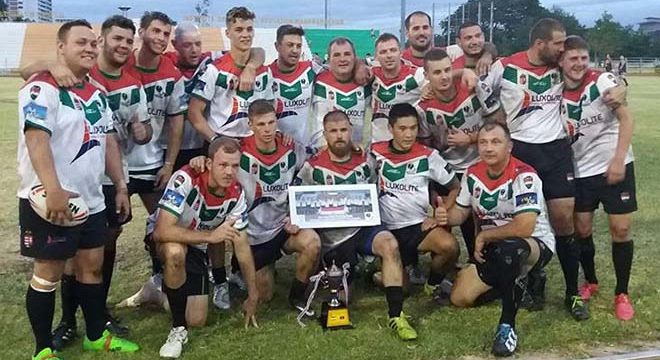 Zsolt Lukacs, who dreams of a Rugby League version of the famous Mighty Magyars football team, tells ASH HOPE how the game is growing in the Eastern European country
"The future is that we continue to rise in the world rankings, but we must have something in place to keep that player pool growing. Our plan is to have a domestic competition in th
Zsolt Lukacs, who dreams of a Rugby League version of the famous Mighty Magyars football team, tells ASH HOPE how the game is growing in the Eastern European country
"The future is that we continue to rise in the world rankings, but we must have something in place to keep that player pool growing. Our plan is to have a domestic competition in th Hungary for success
 Zsolt Lukacs, who dreams of a Rugby League version of the famous Mighty Magyars football team, tells ASH HOPE how the game is growing in the Eastern European country
"The future is that we continue to rise in the world rankings, but we must have something in place to keep that player pool growing. Our plan is to have a domestic competition in th
Zsolt Lukacs, who dreams of a Rugby League version of the famous Mighty Magyars football team, tells ASH HOPE how the game is growing in the Eastern European country
"The future is that we continue to rise in the world rankings, but we must have something in place to keep that player pool growing. Our plan is to have a domestic competition in th 